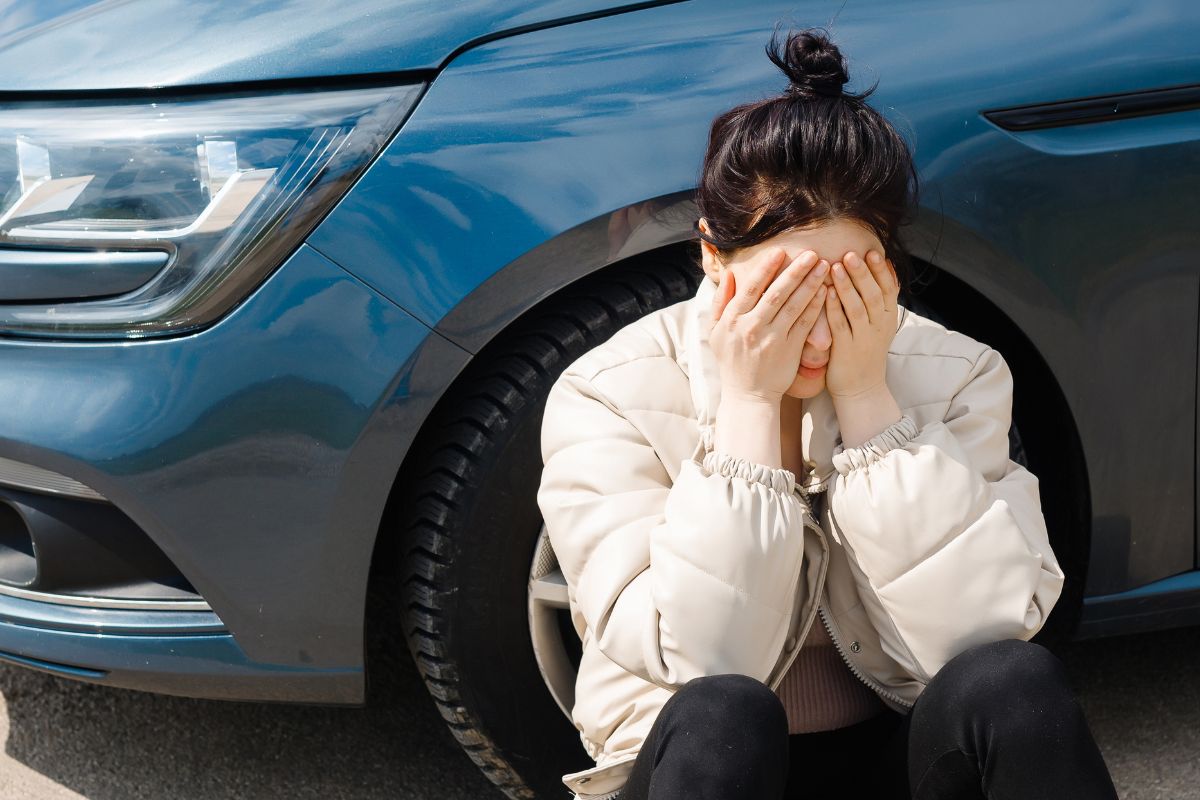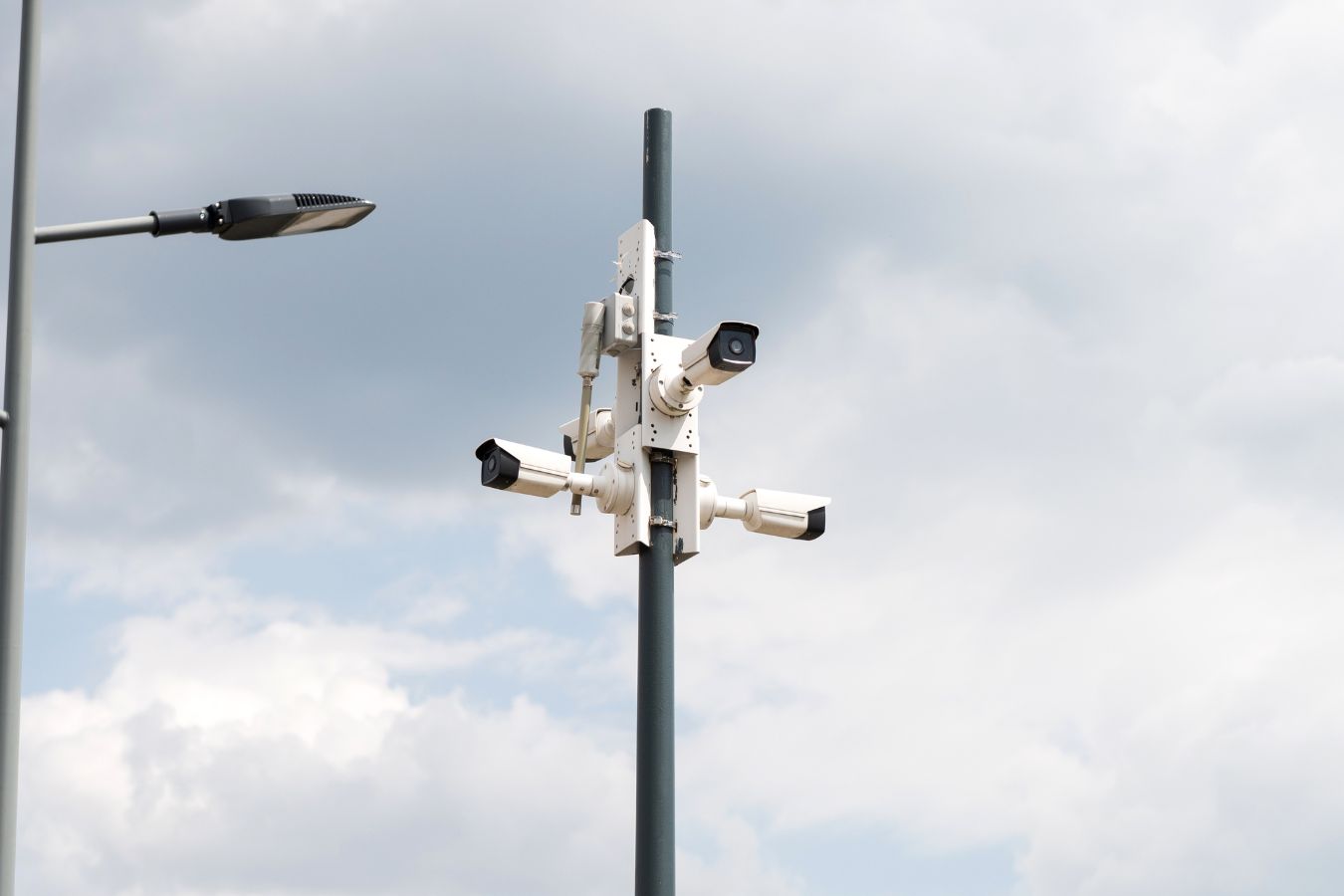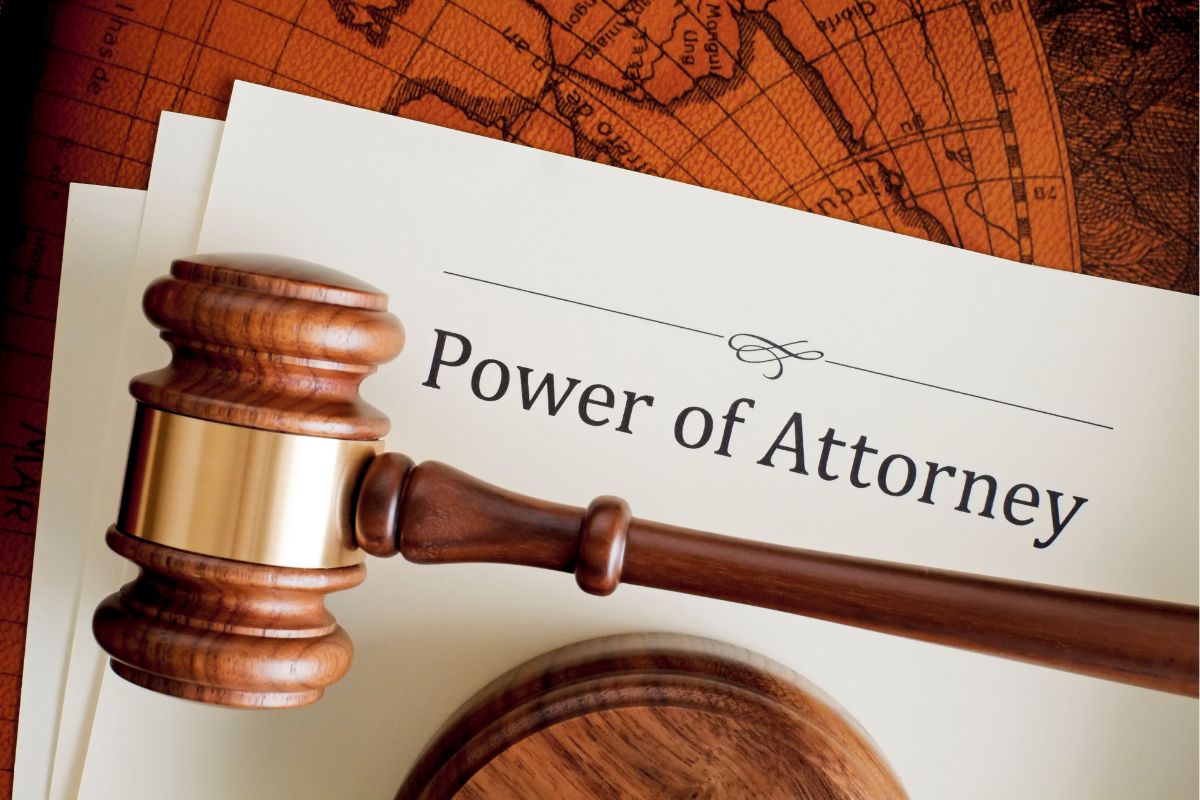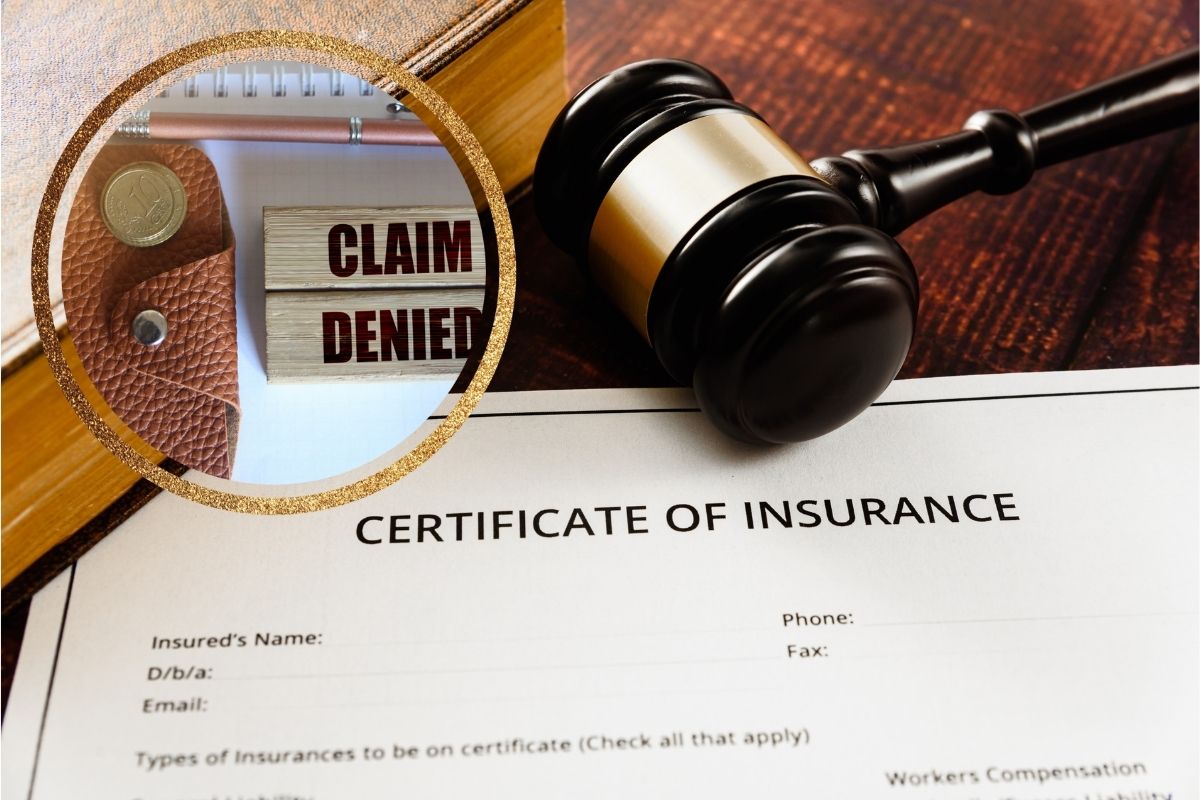
Being blamed for an accident you didn’t cause can feel overwhelming and unfair. When I first met clients in this tough spot, I learned how important it is to act quickly and wisely. Gathering proof, staying level-headed, and tapping into expert help can make all the difference in safeguarding your future.
Let’s explore practical, clear steps you can take to protect yourself and reclaim confidence.
Document What Happened Immediately
Grab your phone and capture the scene—photos, videos, witness info, weather, and road details—while everything’s fresh. Studies show that memory fades fast, and your documentation becomes the backbone of your case. This insight comes from trusted traffic safety researchers, whose expert-reviewed analysis strengthens each step. Accurate and prompt records boost credibility and help your attorney build a compelling defense.
What to Do When Someone Blames You for an Accident You Didn’t Cause
If someone tries to pin blame on you out of spite or confusion, here’s how you can stand firm:
Stay calm. Getting upset can be twisted against you. Experts stress the importance of remaining composed.
You don’t need to engage with blame—stay factual. Try saying something like, “I’d prefer to let the investigation sort this out,” instead of “I’m sorry,” which can be misinterpreted. Keeping your response calm and neutral matters greatly.
What Are My Legal Options If I’m Falsely Accused?
You’re not stuck—you have choices:
- Present photographic evidence and witness statements.
- Dispute insurance company determinations.
- Request independent reviews, arbitrations, or challenge fault assignments.
Consult with a skilled attorney who knows how to navigate these challenges.
Common Mistakes to Avoid After an Accident
- Speaking too much or taking blame with insurance before talking to a lawyer.
- Failing to call the police or skipping medical checks.
- Losing key details—these small pieces of evidence are powerful later on.
Even in mixed-fault cases, you may still recover. Like many states, Missouri follows comparative fault, meaning your compensation is adjusted based on your percentage of responsibility. If you’re under 50% at fault, you’re still eligible for recovery—but the amount may be reduced.
Consider settling when the evidence is strong, offers are fair, and you want to avoid the stress and time of court.
Consider a trial if the settlement doesn’t reflect your damages or the other side refuses fair terms. Your lawyer can walk you through the right choice for your unique situation.
Take photos, call the police, gather witness names, avoid admitting fault—and talk to a lawyer before giving any statement.
Yes, you can formally notify them that you disagree, submit new evidence, and request a review.
What Distinguishes Rah Law from Other Firms in Springfield?
At Rah Law, I don’t treat you like a file—I treat you like a person. You get:
- Fast, personalized communication.
- Clear explanations every step of the way.
- A local ally who understands Springfield law and your situation.
When you contact us, you’re not just hiring a lawyer—you’re gaining someone who cares deeply about your outcome.
Partner with a Local Expert Who Cares
You don’t have to face blame alone. With the proper support, you get clarity, protection, and confidence. As your Springfield Personal Injury Lawyer, I’m here to help you navigate the path ahead—fairly, smartly, and with genuine care.





